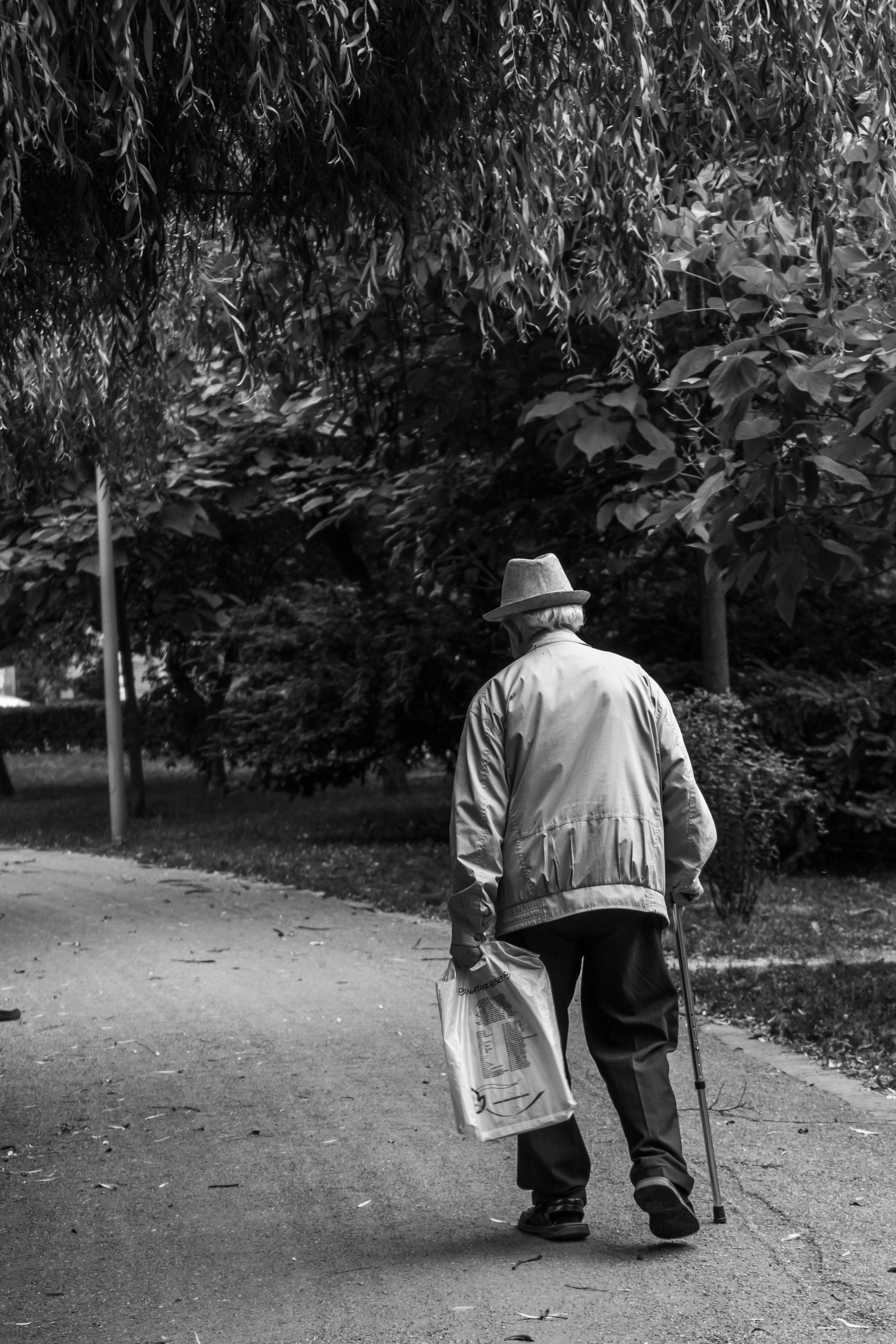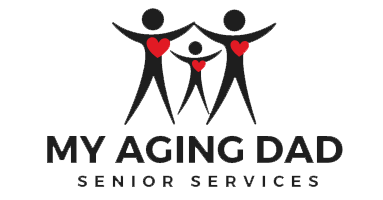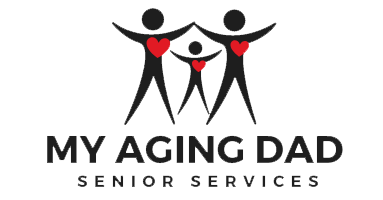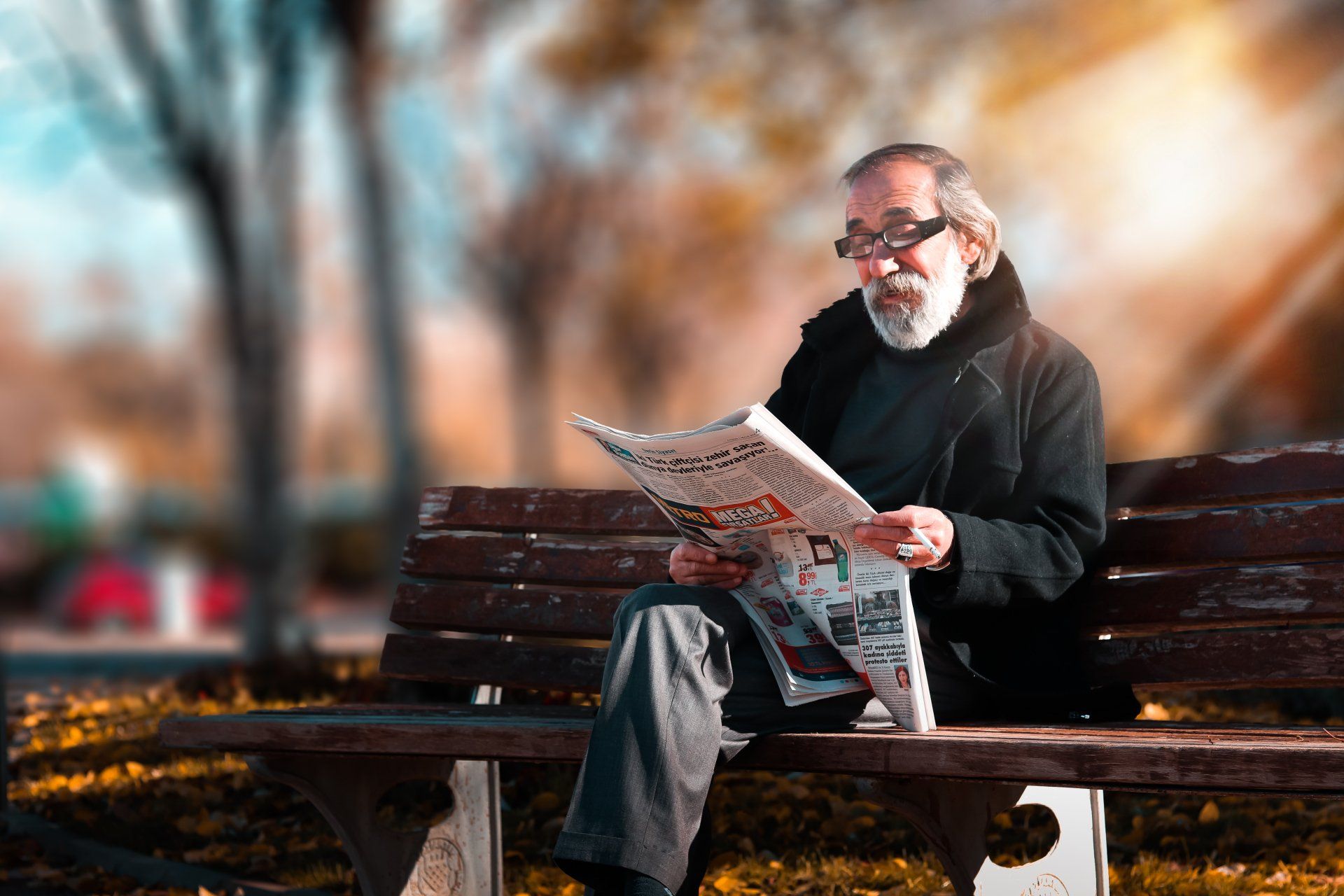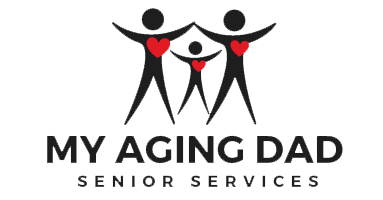By Jim Schug
•
November 30, 2023
Navigating life after a stroke is a unique journey, and understanding the intricacies of each individual's experience is crucial. The specific area of the brain affected by the stroke becomes a guiding factor in tailoring a rehabilitation program that aligns with the needs of the survivor. As we embark on this path to recovery, it's essentiaAl to consider the lifestyle someone led before the stroke—a roadmap of their independence and daily activities. As an expert in helping people recovery after strokes, I ask them to consider a 'bigger picture'. Take a moment to reflect on your loved one's pre-stroke routine. Were they living independently, driving, cooking meals, and participating in social activities? These aspects provide valuable insights into their baseline level of functioning and can help shape a personalized recovery plan. For those who lived alone before the stroke, an additional layer of consideration emerges: Is their current living situation conducive to a safe and supportive recovery? This question becomes particularly pertinent when assessing the feasibility of returning to their previous dwelling. Safety and well-being take precedence in this evaluation. Crafting a comprehensive recovery plan is not only beneficial for the stroke survivor but also for their support network, including family and medical professionals. The initial stages of the plan may involve an alternative living arrangement—a temporary setting focused on physical and cognitive improvements. This interim step can prove instrumental in laying the foundation for a successful return home. Embracing the notion that every stroke recovery journey is unique, we recognize the importance of flexibility in our approach. A recovery plan is not a one-size-fits-all solution; rather, it's a dynamic roadmap that evolves alongside the individual's progress and changing needs. In conclusion, as we embark on the path of stroke recovery, let's consider the nuances of each survivor's life, create recovery plans that prioritize safety and progress, and foster an environment of support and understanding for both the survivor and their loved ones. Together, we can navigate the challenges of stroke recovery and empower individuals to age in place with dignity and resilience.
